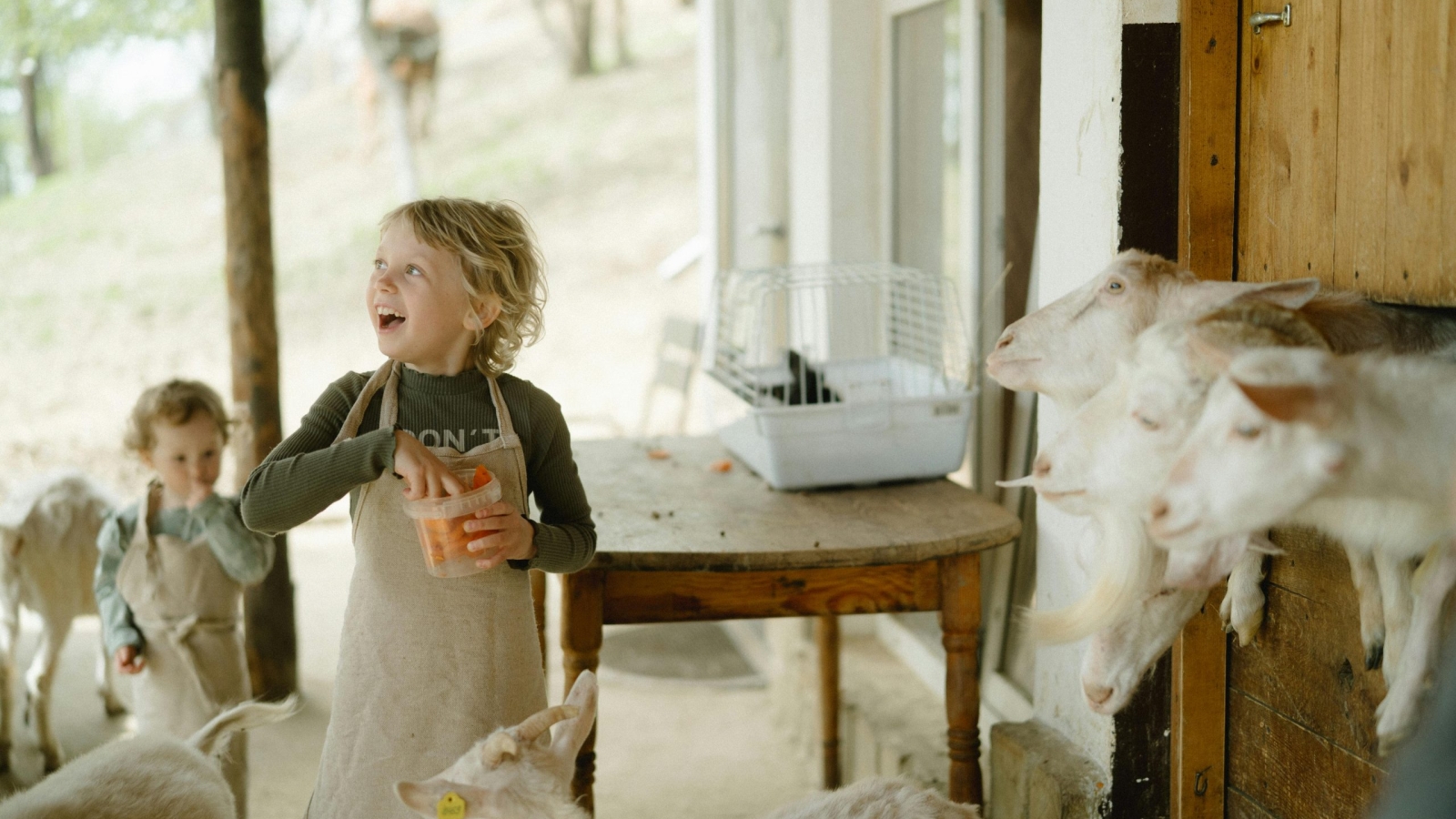Introduction: School field trips are not just a break from the routine classroom environment; they are gateways to exploration, discovery, and inspiration. Among the many benefits they offer, one of the most profound is their ability to ignite a love for animals in children. Whether it’s a visit to a local zoo, a wildlife sanctuary, or a farm, these outings offer unique opportunities for children to connect with the natural world around them. In this blog post, we’ll delve into why school field trips play a crucial role in fostering a deep appreciation and affection for animals in young minds.
- Experiential Learning: One of the most compelling aspects of school field trips is that they facilitate experiential learning. Rather than simply reading about animals in textbooks or watching videos, children have the chance to see them up close, hear their sounds, and even interact with them in some cases. This hands-on experience not only makes learning more engaging and memorable but also fosters a sense of empathy and connection with the creatures they encounter.
- Stimulating Curiosity: Children are naturally curious beings, and school field trips provide them with the perfect environment to indulge their curiosity about the animal kingdom. Whether it’s observing the intricate patterns on a butterfly’s wings, learning about the behaviors of different primate species, or petting a gentle farm animal, these experiences spark questions and conversations that deepen their understanding of and appreciation for animals.
- Encouraging Conservation Awareness: Exposure to animals in their natural habitats or in conservation settings can instill a sense of responsibility towards protecting wildlife and their habitats. When children witness firsthand the beauty and diversity of the animal world, they are more likely to develop a desire to preserve it for future generations. School field trips thus serve as catalysts for instilling conservation awareness and environmental stewardship from a young age.
- Emotional Connection: Animals have a remarkable ability to evoke emotions in humans, and this emotional connection is often amplified during school field trips. Whether it’s the joy of watching playful otters frolic in the water, the awe inspired by the grace of a soaring eagle, or the empathy felt towards rescued animals in a sanctuary, these experiences leave a lasting impression on children’s hearts. This emotional bond can cultivate a lifelong love and respect for animals.
- Multi-Sensory Engagement: Unlike traditional classroom learning, school field trips engage multiple senses simultaneously. Children not only see and hear the animals but also smell their surroundings, feel different textures, and sometimes even taste fresh produce from a farm. This multi-sensory experience creates a rich tapestry of memories that fosters a deeper understanding of the interconnectedness of all living beings.
Conclusion: School field trips are invaluable opportunities for children to connect with the natural world and develop a profound love for animals. Through experiential learning, curiosity stimulation, conservation awareness, emotional connection, and multi-sensory engagement, these outings lay the foundation for a lifelong appreciation of the beauty and diversity of the animal kingdom. As educators and parents, let us continue to support and prioritize these enriching experiences that shape the next generation of compassionate stewards of our planet.


Leave A Comment